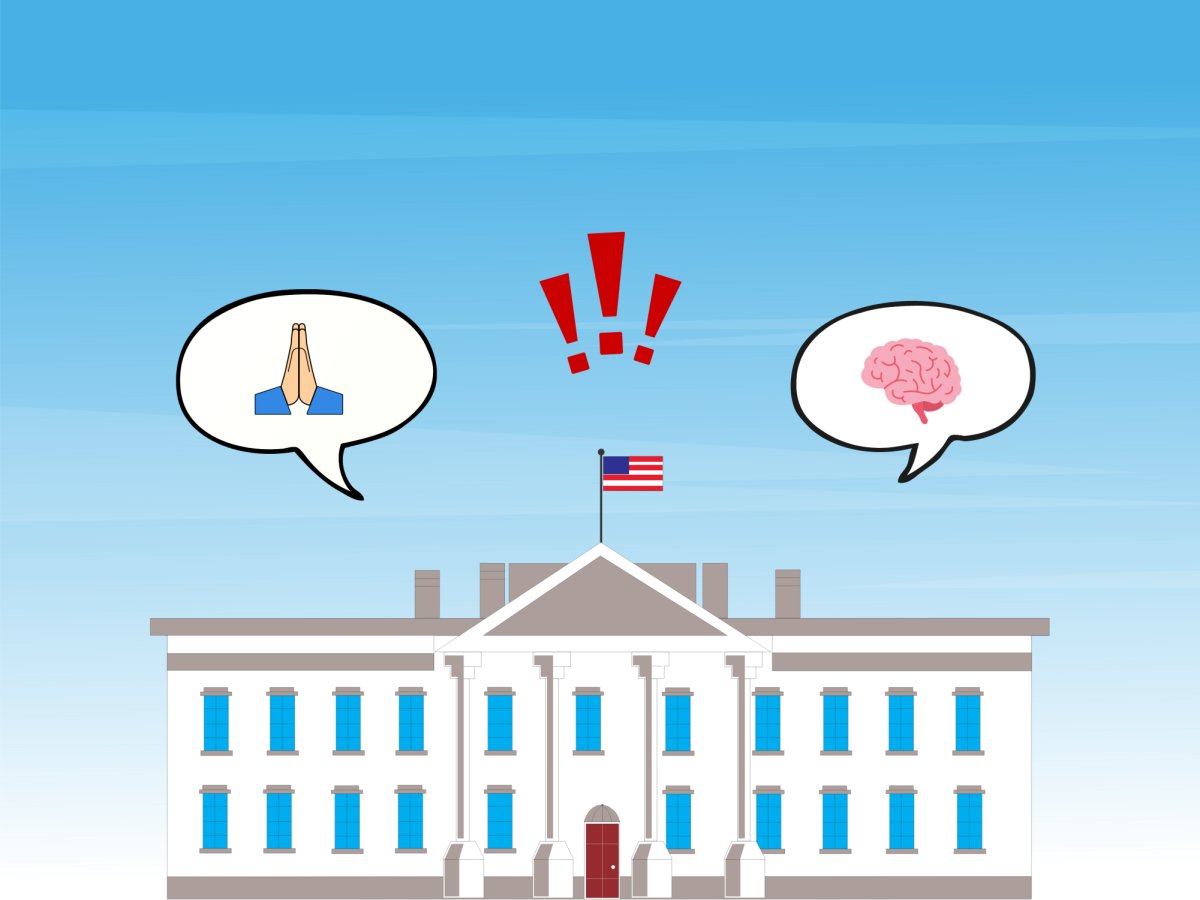New legislation finally shows progressive drug laws
After spending one trillion dollars, incarcerating millions and taking thousands of lives in a span of just under 50 years, the war on drugs has received what is perhaps its largest hit to date.
On Nov. 3, a 59% majority of Oregon voters supported the passage of Ballot Measure 110, otherwise known as the Drug Decriminalization and Addiction Treatment Initiative. The measure stands to ensure the decriminalization of all drugs within the state boundary of Oregon as well as reallocate funds to addiction treatment networks throughout the state.
This situation unfolds as citizens across the country are becoming more open to the possibility of the decriminalization of certain drugs, a position that is reflected in the recent legalization of marijuana in New Jersey, Arizona, Montana and South Dakota.
Oregon has long led the nation in progressive drug reform. They were among the first U.S. states to legalize medical and recreational marijuana and have just become one of the first states to legalize psilocybin for therapeutic use. This new measure is a big leap forward. So, how does it work?
First, it’s important to understand that decriminalization is not synonymous with legalization. Legalization would mean that there is no penalty of any kind for using particular substances. Legislation measures such as this are currently in place in many states with regard to marijuana.
On the other hand, decriminalization comes with more specifics. As interpreted in Measure 110, it means that the possession of small amounts of any substance (exact amounts are likely to relate to specific drugs) cannot be punishable by jail time. The user will instead pay a fine of about $100 and/or enroll in a treatment program operated by mental health professionals, medical doctors and addiction specialists with support from taxpayer revenue.
The revenue will be reallocated from tax money garnered through marijuana sales. Additionally, far fewer people will be arrested, prosecuted and incarcerated. Expenses relative to such activities would drop dramatically and the savings would then be recirculated to fund these new programs. The lack of drug cases present in the state’s court system would allow the courts to proceed much more efficiently.
Further, the anti-carceral logic used to create the bill will be instrumental in reforming policing and incarceration in the U.S. Over 300,000 people are incarcerated for drug offenses across the country, many of whom have been placed there as the result of racial bias present in the U.S. justice system. Luckily, the projections for the effects of the measure are strikingly positive.
Experts suggest drug possession convictions in Oregon could fall by 90%, from 4,057 to 378. Racial disparities in arrests for drug related offenses would drop by approximately 95%. Finally, convictions of Black and Indigenous peoples would drop by 94%. Violence related to drug trafficking and dealing is also expected to drop sharply.
Portugal is one of the few countries that does not punish the possession of drugs with jail time. Since 2001, substance possession has been decriminalized throughout the entire country resulting in some interesting findings.
In the span of 20 years, Portugal reported lower user rates than the U.S. and the rest of Europe, where very restrictive drug laws are prevalent. HIV risk decreased dramatically in Portugal, as 12% of new HIV cases globally are caused by intravenous drug use. Arrest rates for possession went down by 60%, while enrollment in rehabilitation programs has increased by the same margin. Drug overdose deaths have decreased considerably.
In Portugal, drug use is treated as a public health issue, rather than a crime. They are able to sustain this system by focusing on rehabilitation instead of punishment.
Portugal also has a complex network of counselors, psychologists, health care workers and social workers devoted to helping individuals face and overcome addiction. Finally, and perhaps most importantly, they have employment options for individuals affected by addiction that allow them to reenter society. Not only is this model less expensive, but it is more efficient with regard to both individual and societal development.
Back in America, we are still lagging far behind Portugal’s lead. Now, the flaws of our justice system are more visible than ever and many are beginning to change their minds regarding the state of policing and incarceration. This paves the way for more progressive legislation that would rehabilitate rather than punish suspected drug users.
The recent election in Oregon goes to show that change is possible, even if those in upper levels of the government are opposed to it. On this issue, the will of the people was truly represented, and huge steps towards national justice reform were taken. In the coming years, it is likely other states will take such measures, and the results of the experimental measure in Oregon will have a great impact on progress towards more just policing and incarceration policy agreements in the rest of the U.S.











































